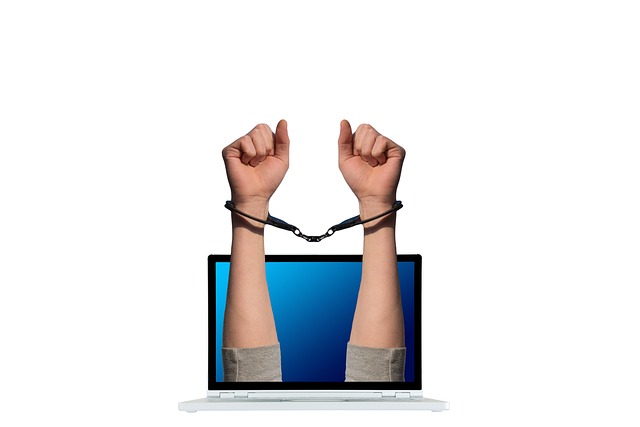In an age where technology continually evolves, the increasing importance of online security has a profound impact on both technology etiquette and social trends. As more of our lives take place in the digital realm, understanding the implications of online privacy and security becomes essential for everyone.
First and foremost, one aspect of technology etiquette that has gained traction is the careful management of personal information. Individuals are now more conscious of what they share on social media platforms, knowing that every post could have lasting repercussions. This awareness fosters a culture of discretion, urging users to think before they click, balancing their need for connection with their right to privacy.
Moreover, the rise of the digital footprint has led to a shift in communication practices. People are now more likely to reach out through encrypted messaging services, favoring security over convenience. This trend emphasizes the value of safeguarding private conversations and recognizing the power that technology wields in our lives.
Socially, online security practices have influenced how communities form and interact. Users increasingly gravitate towards platforms that prioritize data protection and ethical use of information. This preference reshapes the online landscape, compelling tech companies to adopt more secure practices, reflecting a collective call for accountability and transparency.
As online security measures become commonplace, etiquette around password sharing and access management has also tightened. Gone are the days of casual password exchanges; instead, users are encouraged to employ robust security protocols, such as two-factor authentication. This shift not only protects individual accounts but also reinforces community respect towards shared digital spaces.
Additionally, the conversation around cyberbullying has heightened, pushing a social trend advocating for kindness and empathy in digital interactions. With the devastating effects of online harassment well-documented, users are becoming more proactive in creating safe spaces, tackling online negativity with a more educated and aware mindset.
The growing emphasis on online security is also driving educational initiatives, where users of all ages are encouraged to learn about safe browsing habits and responsible social media use. Schools and organizations are integrating these topics into curricula, highlighting their importance as foundational skills in the digital age.
Furthermore, brands are recognizing that consumers are more likely to support companies that demonstrate a commitment to online security. This trend compels businesses to be transparent about their data policies and to invest in cybersecurity measures. As consumers demand more from their online interactions, this significant shift influences market strategies, reshaping marketing etiquettes and practices.
Lastly, the increase in remote work has accelerated the need for online security, leading to new professional norms. Employers and employees alike are adopting secure communication tools, fostering a sense of trust and professionalism in a digital workspace. This evolution underscores the necessity of balancing productivity with protection, creating a new etiquette for remote collaboration.
In summary, the on-going discourse surrounding online security serves as a catalyst for change in technology etiquette and social trends. As users become more aware and engaged, the digital landscape continues to evolve, emphasizing the importance of respectful, secure, and ethical online practices.




